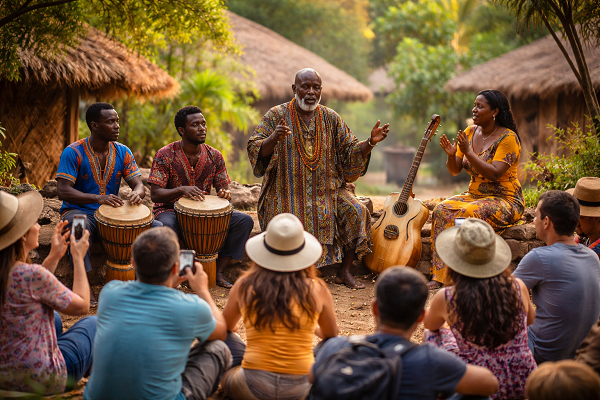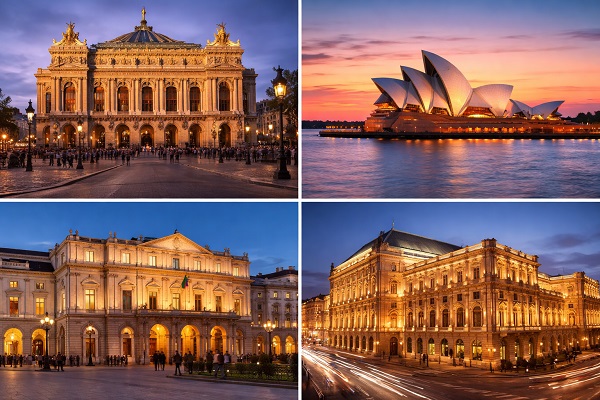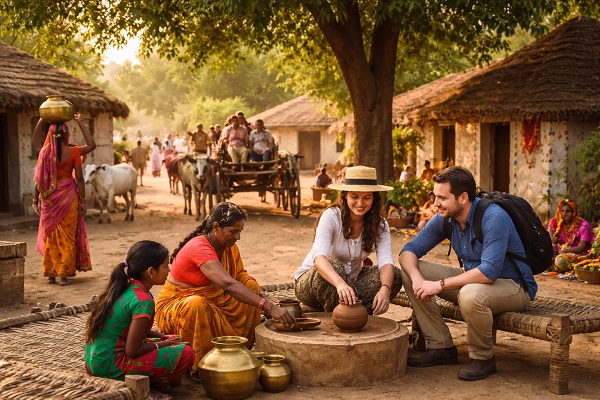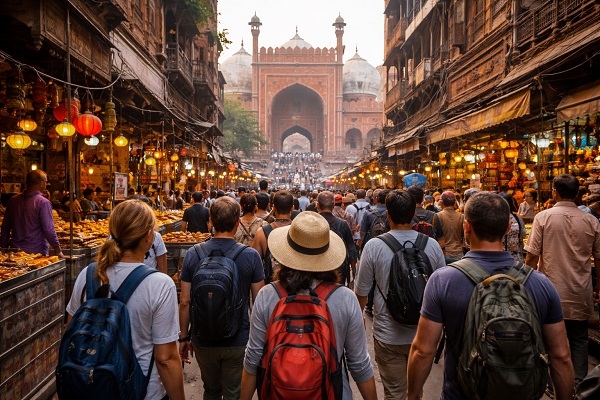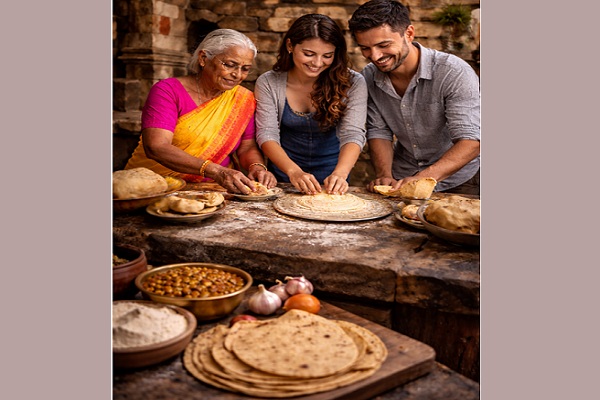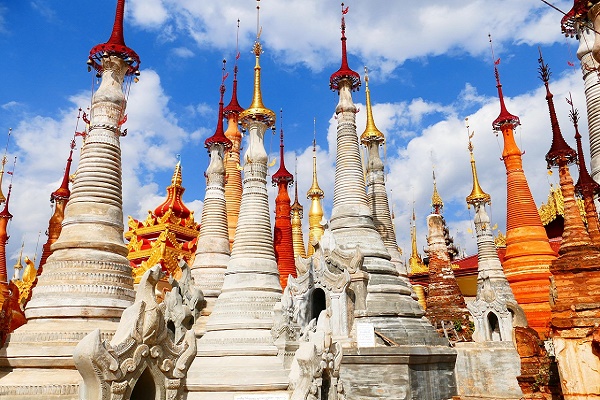Cultural Tourism: A Journey Into Heritage, Traditions & Human Connection
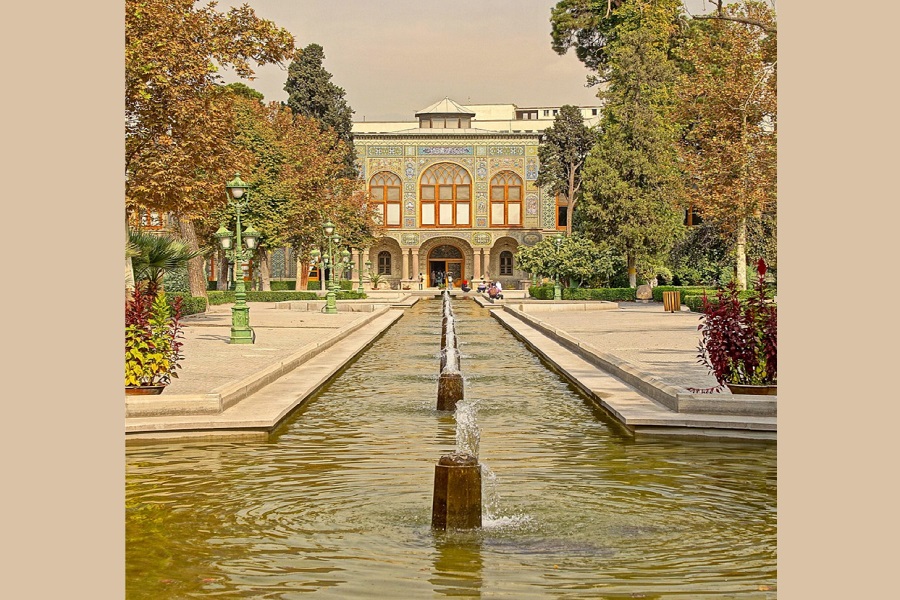
Understanding Cultural Tourism
At its core, cultural tourism involves travelling to places to learn about and experience their cultural uniqueness. From ancient temples and royal palaces to colourful festivals, handmade crafts, and traditional music, every cultural element offers insight into the lives of people who have shaped that region over centuries.
This form of tourism goes beyond sightseeing. It invites travellers to immerse themselves in local ways of living — whether through attending a classical dance performance, participating in a village fair, exploring museums, tasting traditional cuisine, or interacting with local artisans.
Why Cultural Tourism Matters
Cultural tourism plays a significant role in preserving heritage and promoting sustainable development. When travellers appreciate the history and traditions of a place, they contribute to the protection of monuments, cultural sites, and local craftsmanship. This not only safeguards cultural treasures but also creates livelihood opportunities for communities.
For many countries, especially those rich in heritage like India, Japan, Italy, and Greece, cultural tourism helps strengthen the local economy while fostering global understanding and respect.
Experiences That Define Cultural Tourism
1. Heritage Sites & Historical Monuments
Exploring ancient forts, temples, palaces, and ruins offers a window into the architectural brilliance and historical events that shaped civilizations.
2. Festivals & Celebrations
Festivals like Holi, Diwali, Durga Puja, Chinese New Year, and Oktoberfest showcase the vibrancy and emotions of a culture. They bring together colours, rituals, music, dance, and traditions that leave lasting memories.
3. Local Arts, Crafts & Cuisine
Handcrafted textiles, pottery, paintings, folk music, and regional dishes allow travellers to experience authenticity. Each craft and flavour represents generations of creativity and cultural evolution.
4. Rural & Community-Based Tourism
Staying in villages, farming communities, or tribal regions offers close-knit interactions with locals. It reveals simple joys, traditional lifestyles, and age-old customs that still thrive today.
Benefits of Cultural Tourism
Promotes cultural preservation by encouraging protection of heritage and traditions.
Supports local artisans and craftsmen, giving them a global platform.
Strengthens the economy through tourism revenue and employment.
Builds cross-cultural understanding, reducing barriers between people of different backgrounds.
Offers meaningful travel experiences, making journeys more memorable and educational.
Cultural Tourism in the Modern World
With social media showcasing cultural richness from around the globe, travellers today are more eager than ever to explore authentic experiences. Governments and tourism boards are restoring monuments, promoting cultural festivals, and encouraging responsible tourism.
As travellers seek depth over speed, cultural tourism continues to grow — proving that understanding a place’s heritage is just as exciting as its scenic beauty.

















